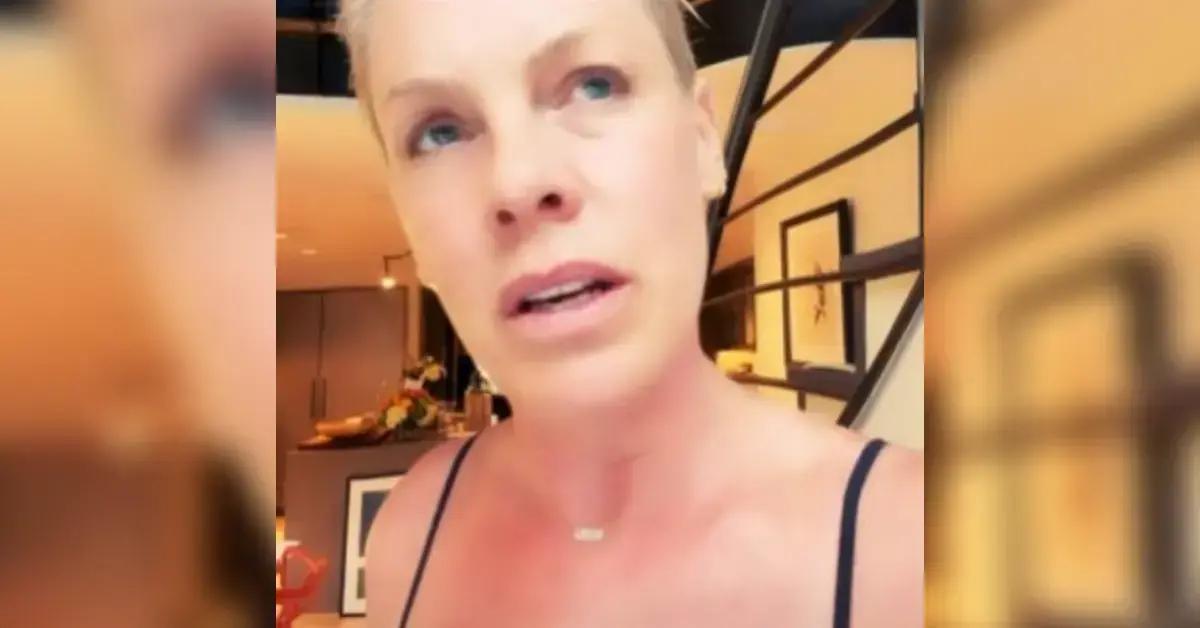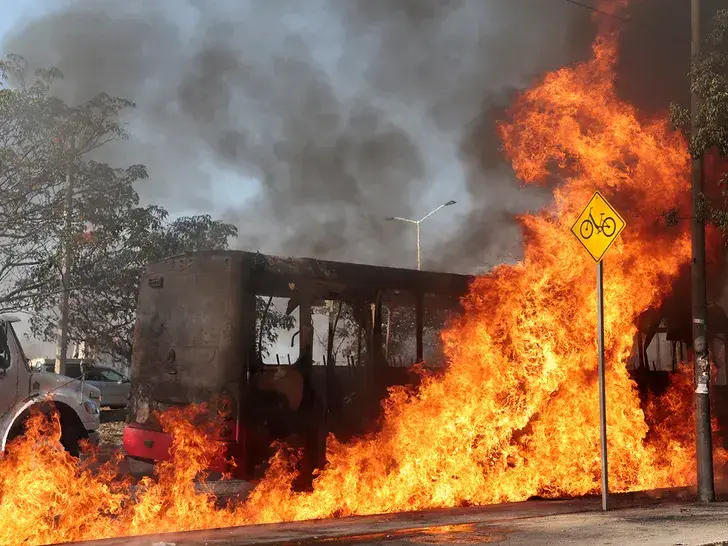BY: Kara Johnson
Published 3 months ago
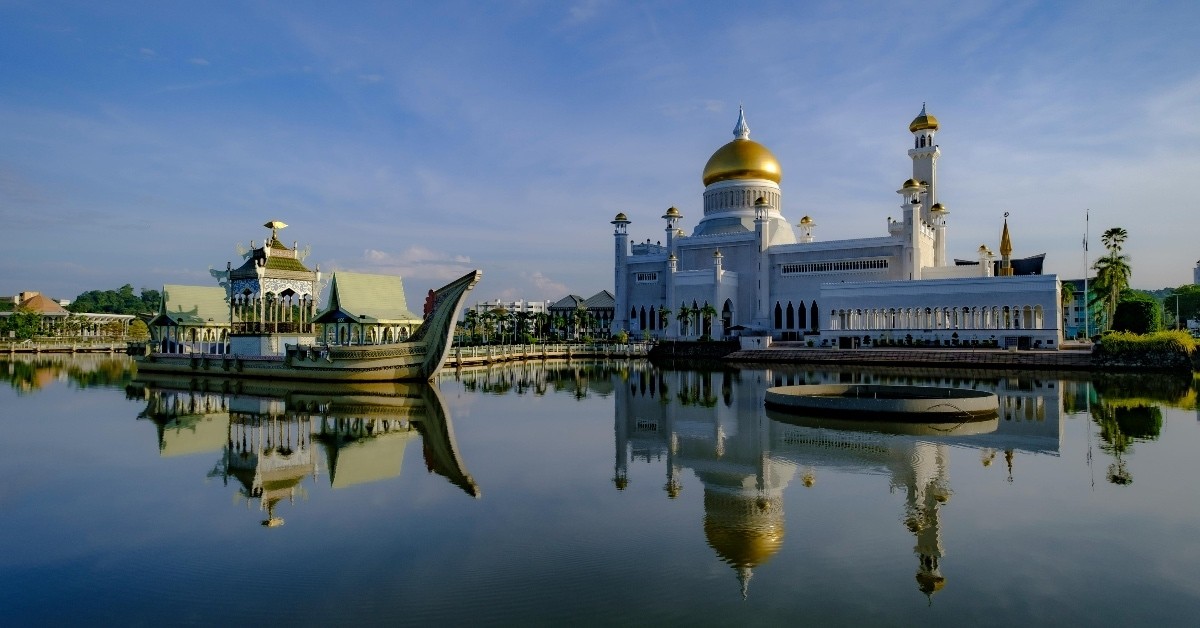
Brunei Darussalam, often referred to as the Abode of Peace, conjures images of majestic mosques, pristine rainforests, and oil-rich royal splendor on the island of Borneo. For many travelers, this Southeast Asian sultanate promises a unique cultural experience far removed from the typical tourist crowds. However, before booking a trip, a serious and essential question must be answered by any LGBTQIA+ person, or indeed, any conscious traveler: Is Brunei Darussalam LGBTQIA+-friendly? The short, necessary answer is that, on a legal and official level, it is not. The nation’s strict legal framework demands extreme discretion and awareness from all visitors.
The country operates under a dual legal system, which includes the implementation of the Syariah Penal Code. This code contains severe penalties for same-sex sexual acts between men and women, including death by stoning, a provision that drew massive international condemnation when introduced in 2019. The Sultan has since declared a de facto moratorium on the death penalty, meaning the country does not carry out executions, but the laws themselves remain on the books. This severe legal landscape designates the country as one of the least safe for LGBTQIA+ people in the region.Understanding the gravity of these laws is the foundation of planning a responsible and safe trip.
The Law vs. The Locals
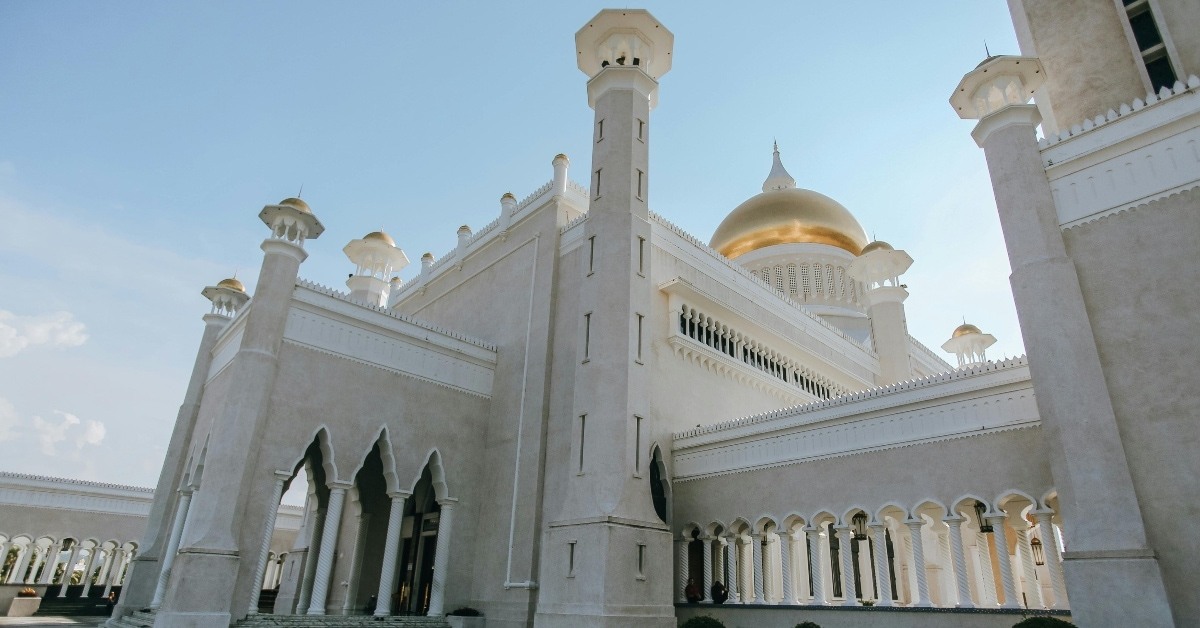
To ask, “Is Brunei Darussalam LGBTQIA+-friendly?” is to navigate a contradiction between policy and public experience. In daily life, travelers often report that local Bruneians are polite, curious, and genuinely welcoming. Tourism is sparse, making visitors a rarity, and friendly engagement is common. However, the legal environment imposes a strict need for discretion that cannot be overstated. All visitors, regardless of orientation, must abide by the country’s deeply conservative Muslim customs.
For LGBTQIA+ travelers, safety demands discretion, not merely suggestion. Laws like khalwat (proximity between the sexes, if one party is Muslim) or Sharia decency laws strongly frown upon or outlaw public displays of affection (PDA), whether same-sex or heterosexual. Travelers must avoid overtly expressing their identity, which includes discussing their sexuality in public or posting identifiable photos online while in the country. They must also avoid any conduct that authorities could perceive as promoting anything contrary to Islam. Hotels generally accommodate foreign travelers and seldom report issues over room sharing. However, any act deemed “against the order of nature” carries a risk and remains illegal.
Activities and Culture: What Travelers Can Look Forward To
Despite the necessity of discretion, Brunei offers a stunning array of cultural, architectural, and natural sights for travelers who approach the destination with respect and caution. The capital, Bandar Seri Begawan, is a compact city, and majestic architecture reflecting the nation’s immense wealth and Islamic heritage dominates the area.
The two most prominent and beautiful landmarks are the Omar Ali Saifuddien Mosque, famed for its brilliant gold dome and artificial lagoon, and the Jame’ Asr Hassanil Bolkiah Mosque, which is the country’s largest. Visitors can also tour the Royal Regalia Museum to view the Sultan’s impressive collection of gifts and historical items. Just outside the city center is Istana Nurul Iman, the Sultan’s official residence, which holds the title of the world’s largest residential palace. Visitors can only view its grandeur from the outside, except for a few days during the Hari Raya Aidilfitri festival.
The Other Side of Brunei Darussalam
Beyond the urban splendor, Brunei’s true treasure lies in its commitment to conservation. Over 70% of the country is covered in pristine rainforest, and one of the most rewarding activities is exploring the incredible biodiversity of Borneo.
A must-visit site is Ulu Temburong National Park, often referred to as the country’s “Green Jewel.” Access requires a scenic longboat ride up the river, transporting you to an untouched world of primary forest. The main draw here is the extensive Canopy Walkway. This dizzying structure takes you high above the treetops, offering breathtaking views of the dense jungle and a unique perspective on the ecosystem. Furthermore, river safaris are popular for spotting wildlife, most notably the peculiar Proboscis Monkeys in the mangrove swamps near the capital. For a taste of traditional Bruneian life, visitors should take a water taxi to Kampong Ayer. In this historic water village, approximately 30,000 people reside in houses, schools, and mosques constructed entirely on stilts over the Brunei River. These activities, centered on nature and culture, offer enriching experiences that require little social interaction beyond that with guides or vendors.
Conscious Travel: The Conclusion for LGBTQIA+ Visitors
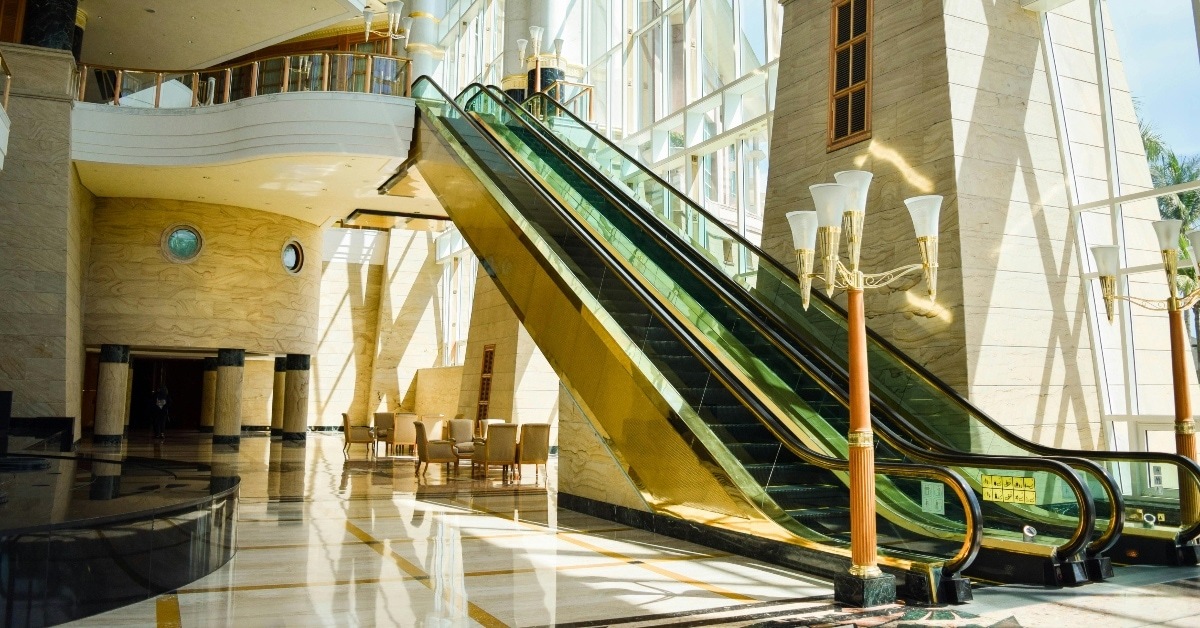
A visit to Brunei Darussalam requires travelers to prioritize caution and discretion above all else. This destination is suitable only for those who are prepared to maintain a completely low profile and respect a deeply conservative culture. The country offers rich historical and environmental rewards, particularly the unparalleled beauty of its Borneo rainforests and the unique sight of its opulent mosques.
Ultimately, the decision to visit a country with such restrictive laws is a personal ethical calculation for every traveler. While tourist experiences often proceed smoothly as long as discretion is maintained, it is crucial to remain aware that the legal framework for LGBTQIA+ individuals is severe. Travelers must accept the fundamental difference between experiencing a place safely as a tourist and that place being genuinely welcoming or safe for the local queer community. Visiting Brunei means receiving a high degree of cultural and legal complexity.
Given the severe legal risks versus the high conservation value of its rainforests, do you believe the cultural and natural sites of Brunei Darussalam outweigh the ethical concerns for a discerning traveler? Let me know in the comments.

